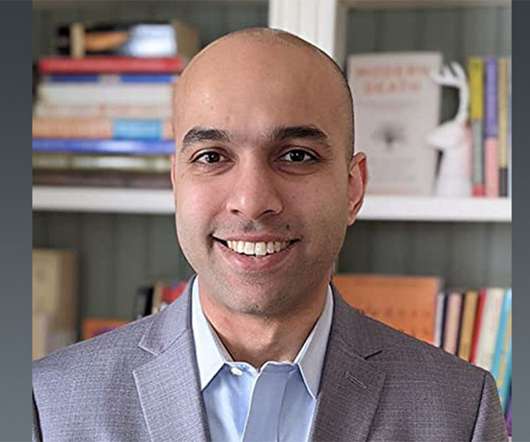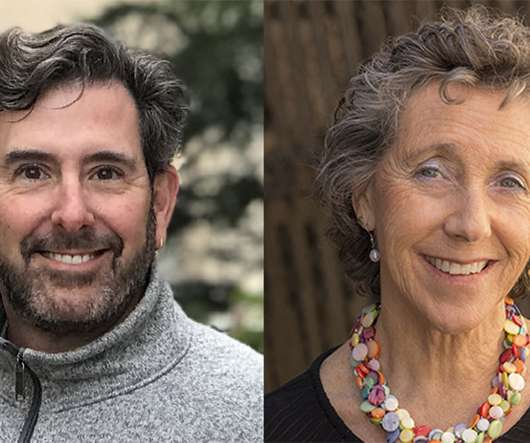Getting Answers: A Patient's Guide to Discussing Unexplained Symptoms with Your Doctor
Vida Family Medicine
JUNE 28, 2024
If you have already been diagnosed with any medical conditions, write down all of the diagnoses you have. Ask questions: Ask what the doctor thinks are potential causes of your symptoms (this is called the differential diagnosis) and what they think is most likely. Bring a list of all of the medications (even over the counter!)




































Let's personalize your content